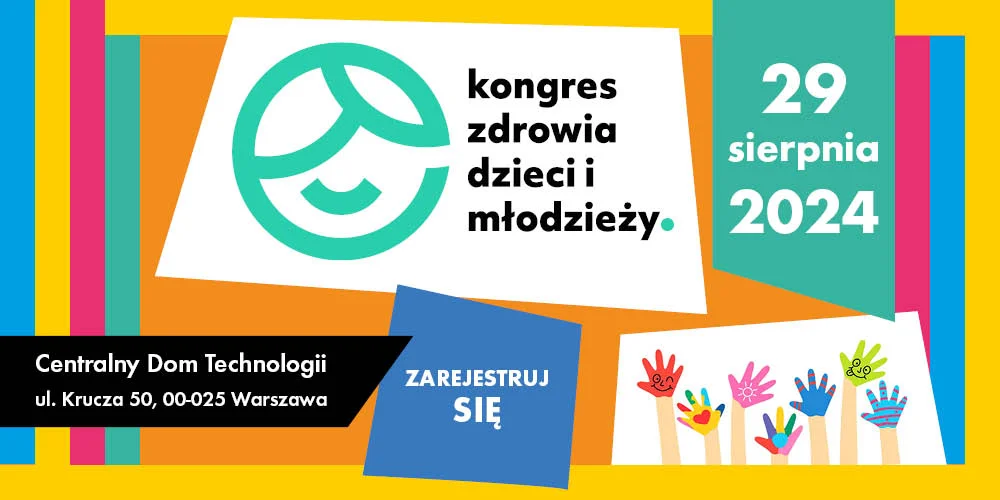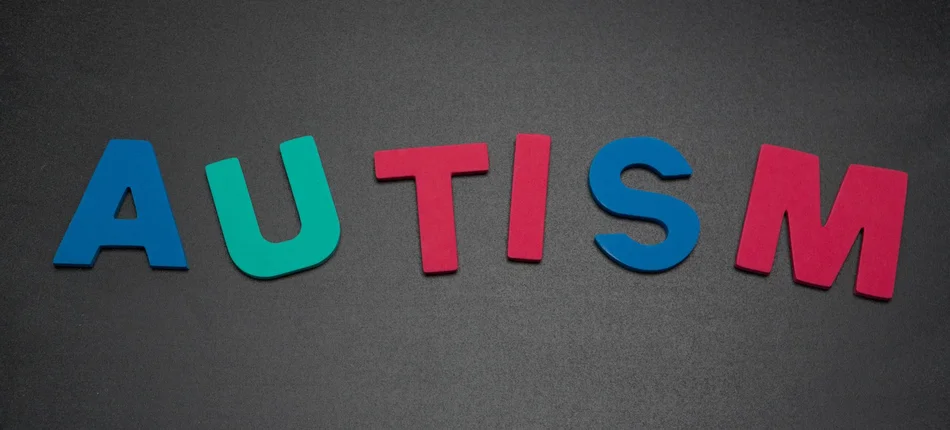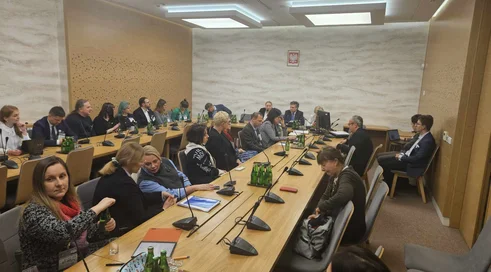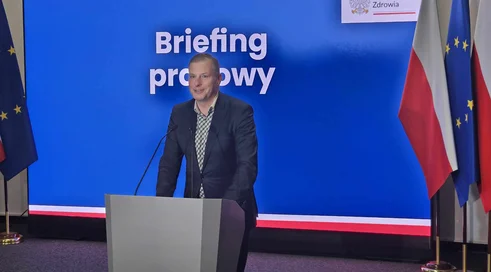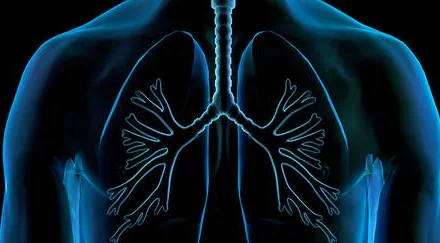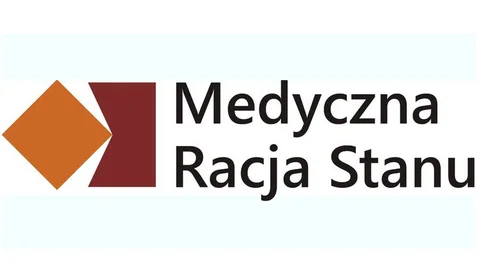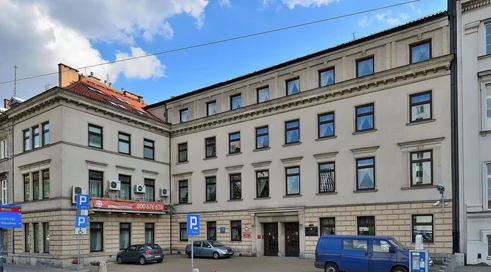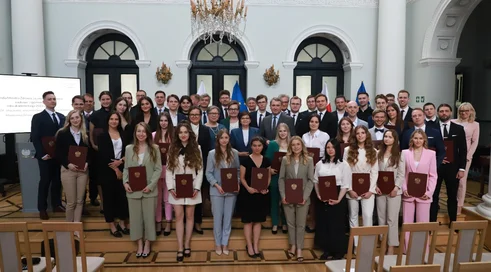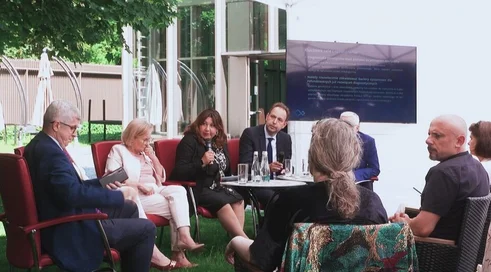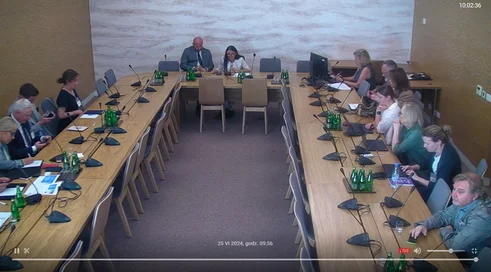Autism is not a disease, it is a different way of thinking and perceiving the world. The autism spectrum is not only a set of challenges, but also talents, passions and unique qualities, the Chief Health Inspectorate reminds us. Unfortunately, the needs of people on the spectrum are still not adequately addressed.
Autism is not a disease, but a neurodevelopmental disorder. Its causes are not fully understood. Both genetic and environmental factors influence its manifestation.
- There is no one gene or one group of genes that is responsible for the spectrum appearing or not. There is ongoing research and information that the spectrum is linked to some genes, but there are many. Therefore, no genetic tests can help us diagnose autism spectrum and explain the cause. What we do kno...
Content locked
To gain access to the complete English section of the Medexpress.pl, kindly reach out to us at [email protected].
If you already have an account, please log in




